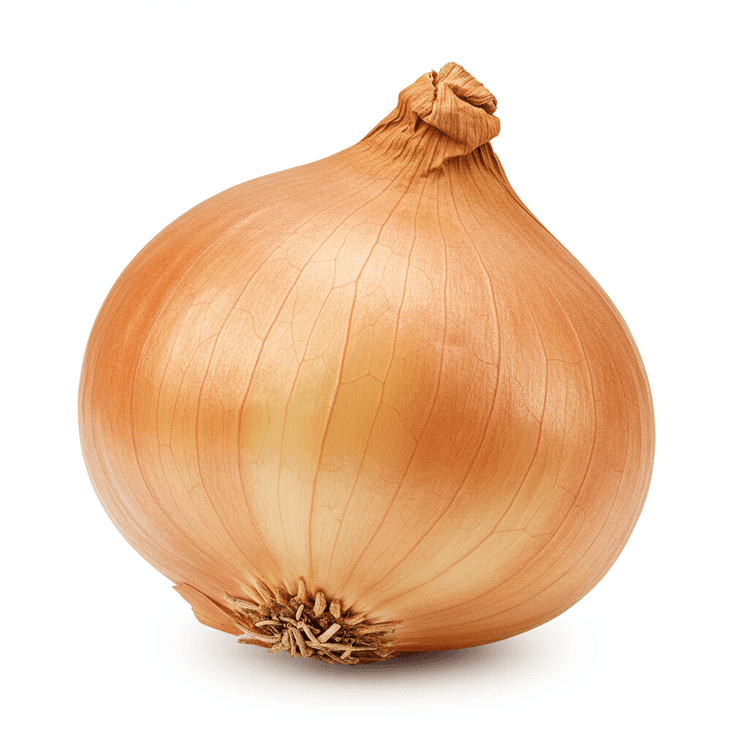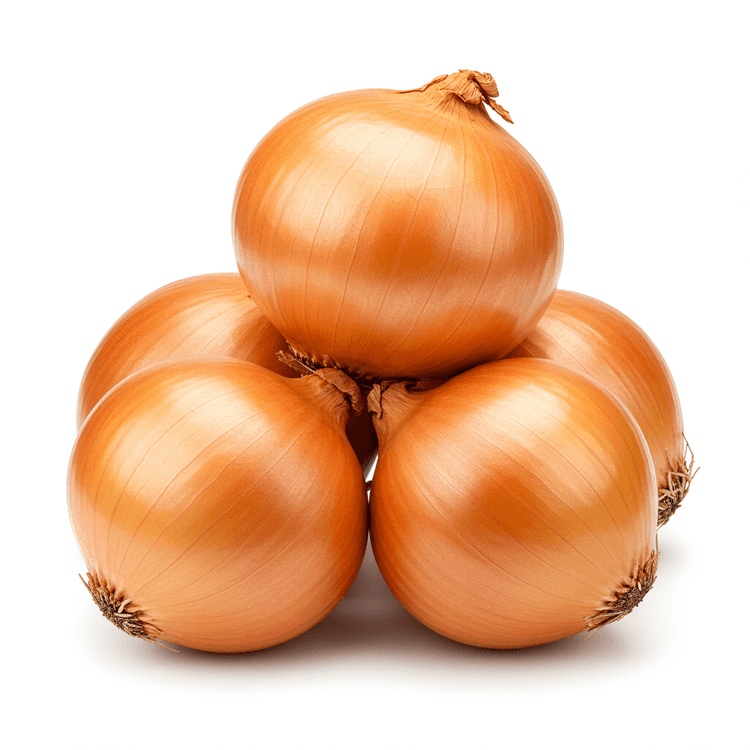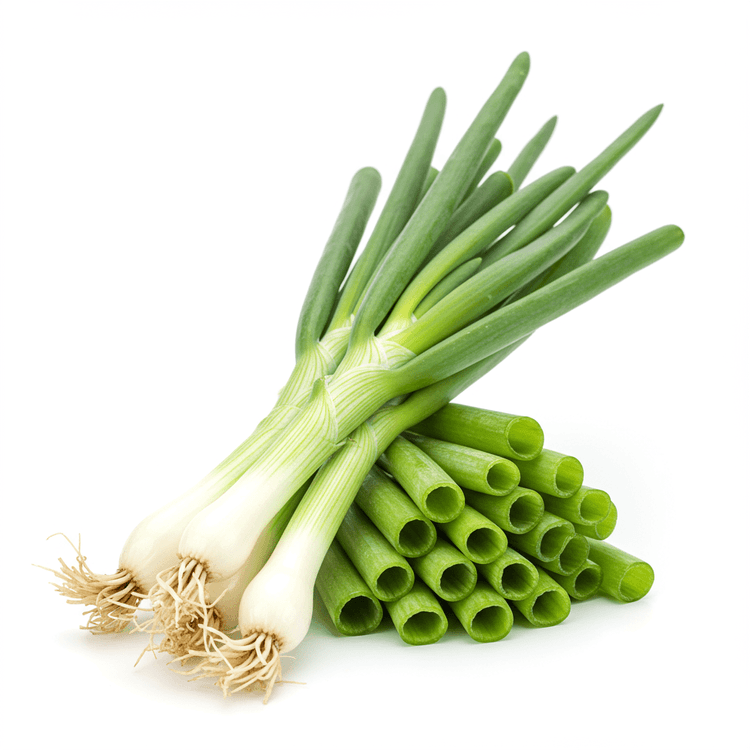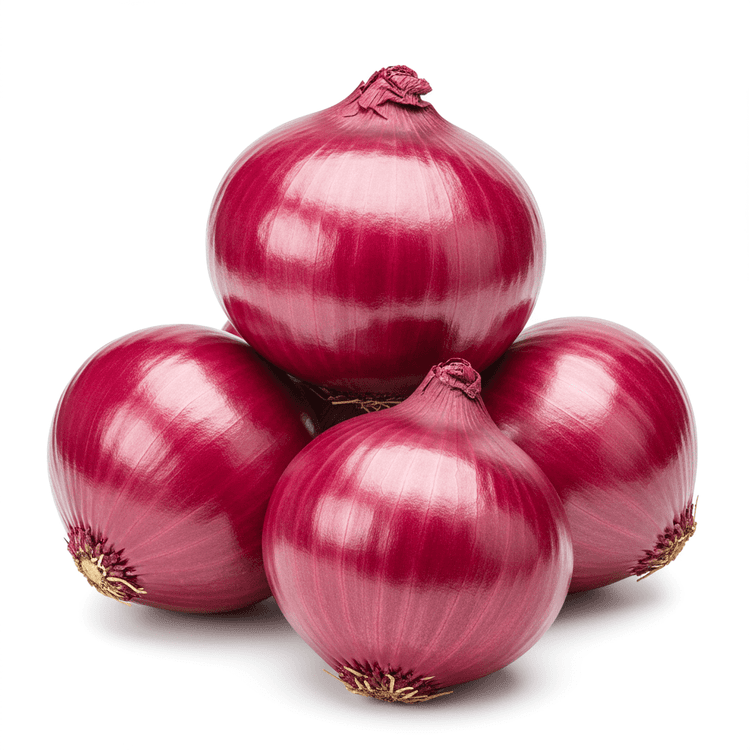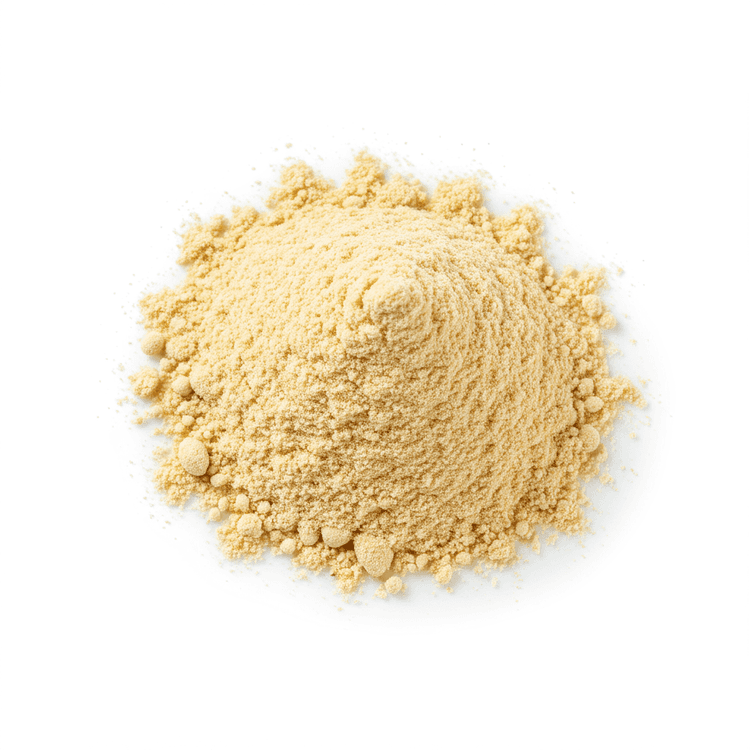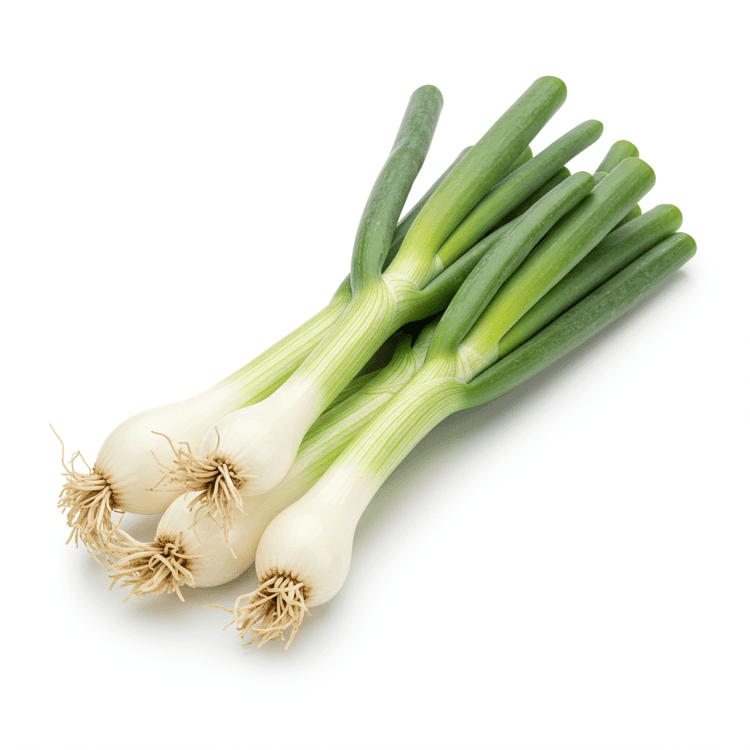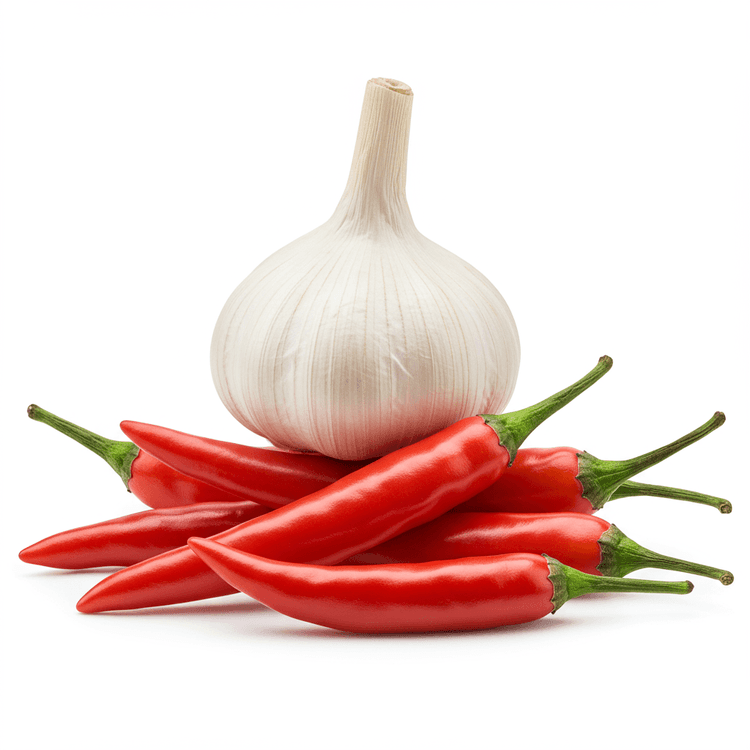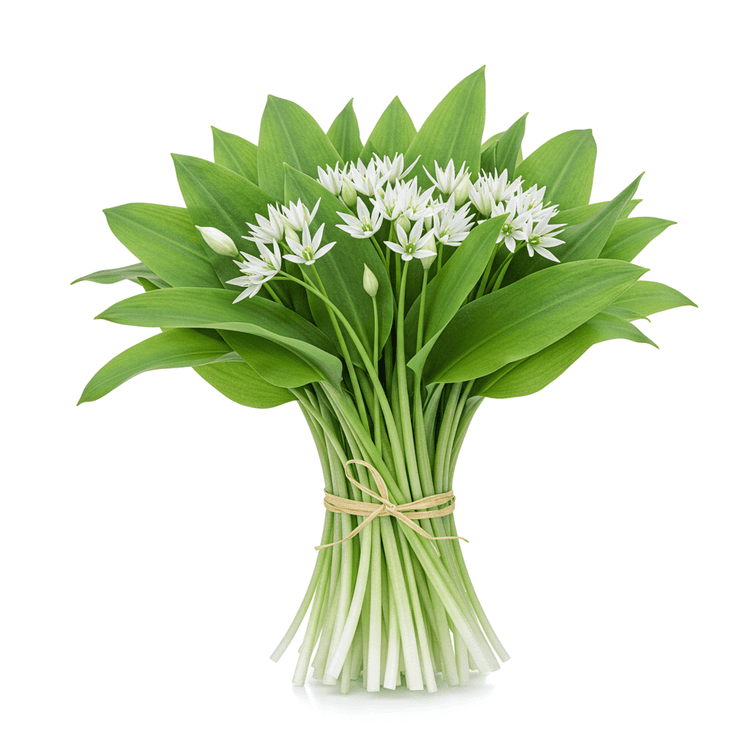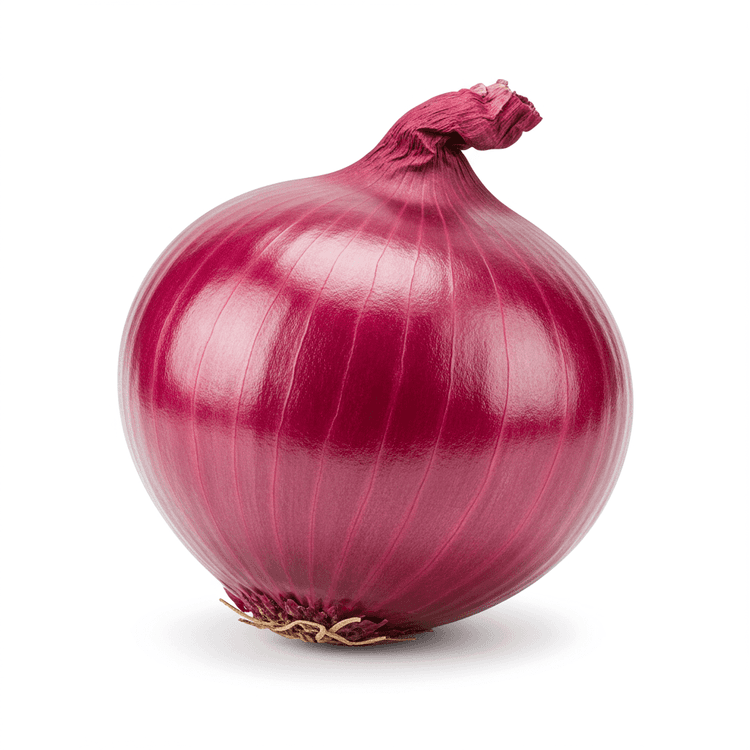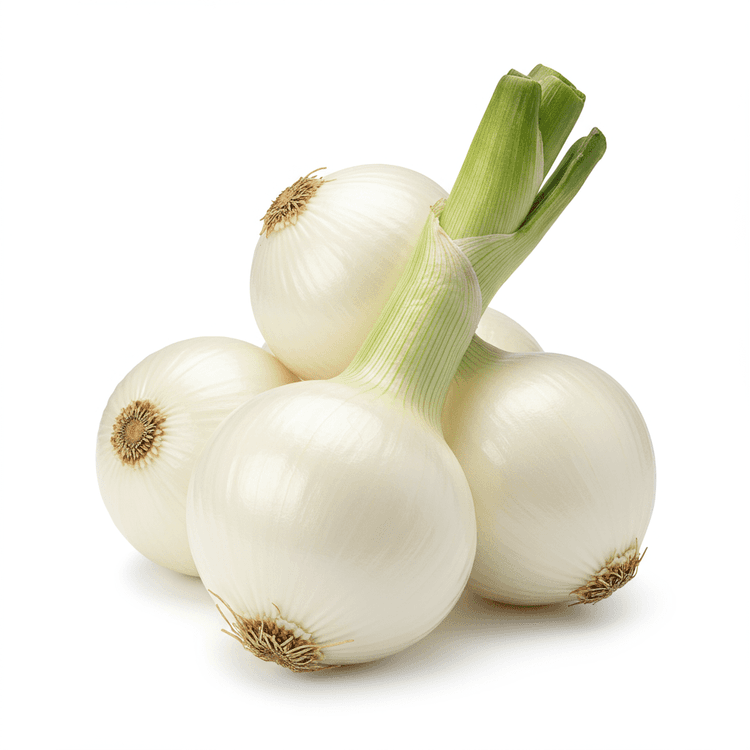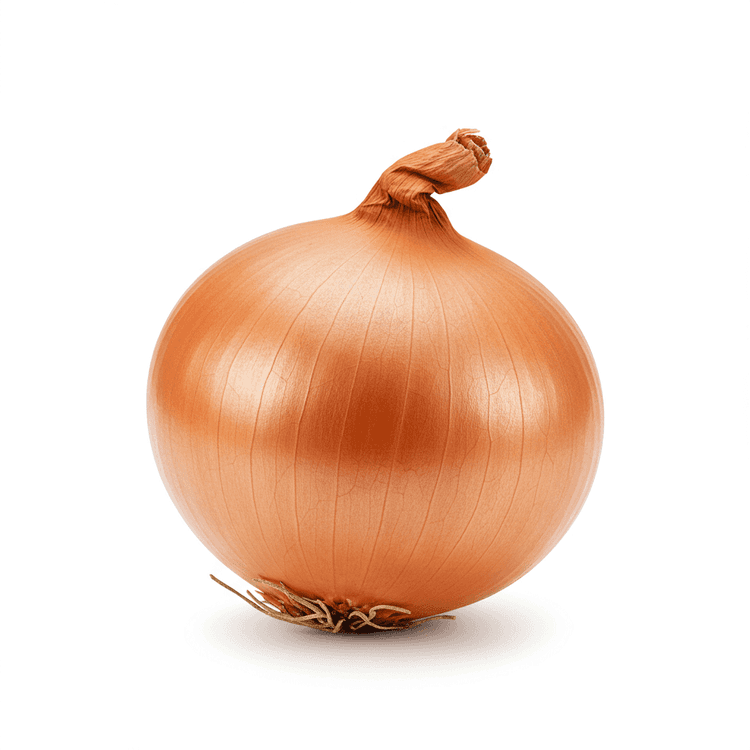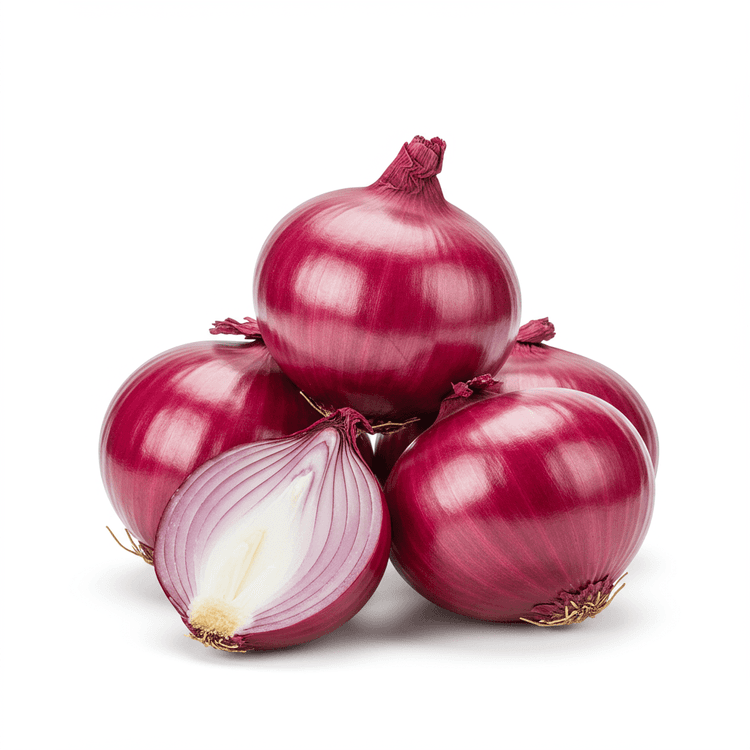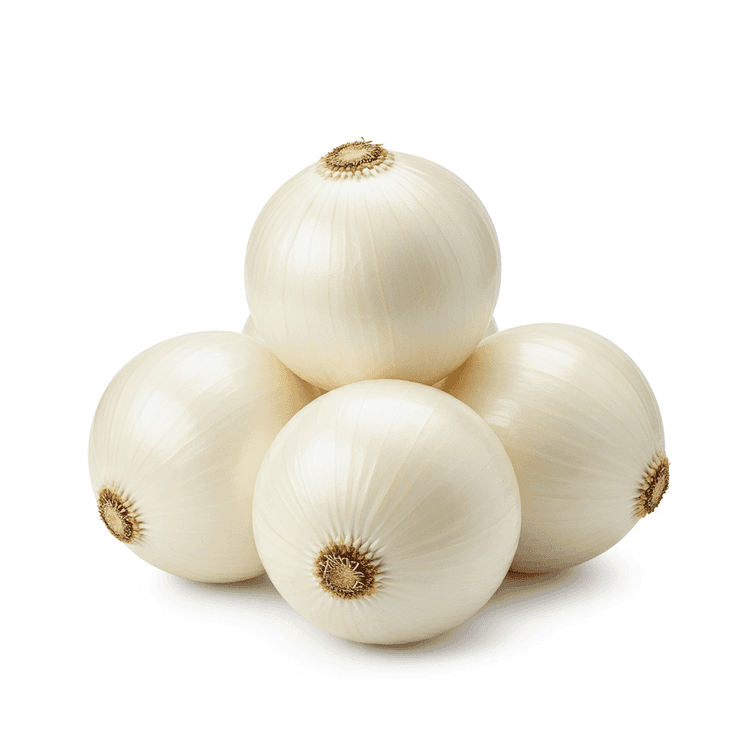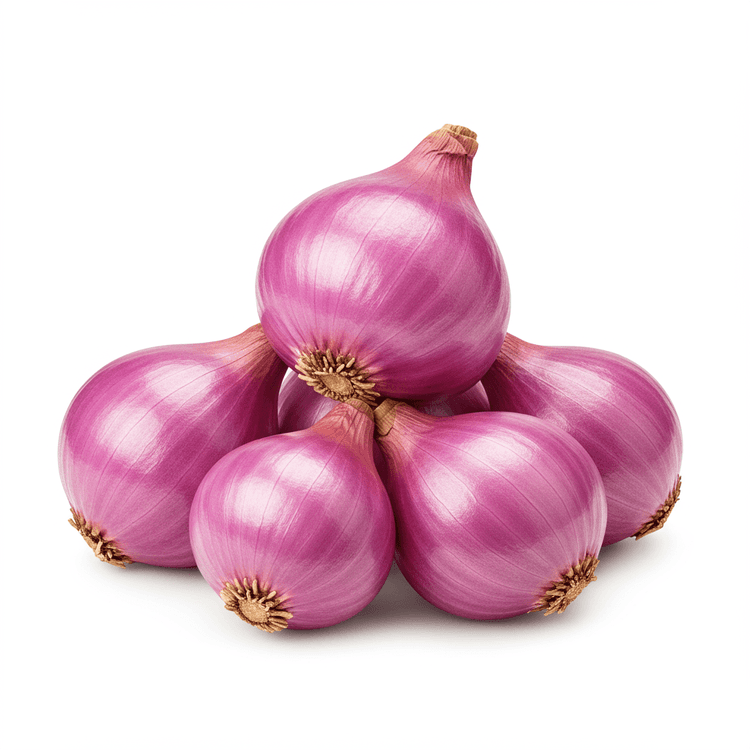
Shallot
Shallots are a type of onion, known for their delicate and sweet flavor with a hint of garlic. They have a more subtle and refined taste compared to regular onions, making them a versatile ingredient in various dishes. Shallots grow in clusters, similar to garlic, and are easily distinguished by their papery, coppery-brown skin and elongated shape. When sliced, they reveal layers of purple-tinged white flesh. Looking for a milder onion alternative or a sweet onion substitute? Shallots are your answer!
Common Uses
- Shallots are commonly minced and used as a base for sauces and vinaigrettes, adding a subtle sweetness and depth of flavor.- Finely diced shallots can be fried until crispy and golden brown, then used as a delicious topping for salads, soups, and Asian-inspired dishes. These crispy fried shallots add both texture and flavor. - Shallots can be roasted whole or quartered alongside meats and vegetables, developing a mellow sweetness and caramelized exterior.- Shallots are often pickled or preserved, creating a tangy and flavorful condiment that pairs well with cheese, charcuterie, and sandwiches. Pickled shallots add a pop of flavor and acidity.- Use shallots as an alternative to onions in omelets and egg dishes, adding a more delicate and sophisticated flavor profile. - Shallots are often used in place of onion for recipes where a less intense onion flavor is desired.
Nutrition (per serving)
Nutrition (per serving)
Calories
75.0kcal (3.75%)
Protein
2.5g (5%)
Carbs
17.4g (6.33%)
Sugars
7.9g (15.8%)
Healthy Fat
0.1g
Unhealthy Fat
0.0g
% Daily Value based on a 2000 calorie diet
Nutrition (per serving)
Calories
75.0kcal (3.75%)
Protein
2.5g (5%)
Carbs
17.4g (6.33%)
Sugars
7.9g (15.8%)
Healthy Fat
0.1g
Unhealthy Fat
0.0g
% Daily Value based on a 2000 calorie diet
Health Benefits
- May support heart health due to antioxidant compounds.
- Could help regulate blood sugar levels.
- Rich in vitamins and minerals like vitamin C and potassium.
- Contains compounds that may have anti-inflammatory properties.
- Supports immune function with antioxidants and vitamins.
- May contribute to improved digestion due to its fiber content.
Substitutes
Chefadora AI is here.
Experience smarter, stress-free cooking.
Storage Tips
Shallots should be stored in a cool, dry, and dark place with good ventilation, like a pantry or cellar. Avoid storing them in the refrigerator, as this can cause them to soften and spoil more quickly. When stored properly, shallots can last for several weeks. Once cut, store leftover shallots in an airtight container in the refrigerator and use within a few days for the best flavor and texture.
Marnirni-apinthi Building, Lot Fourteen,
North Terrace, Adelaide, South Australia, 5000
Australia


